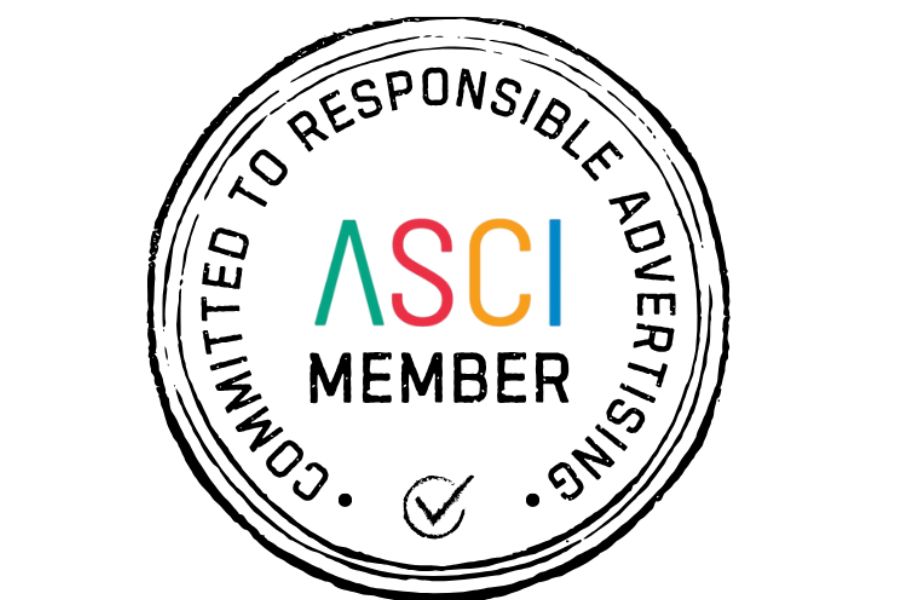When the Advertising Standards Council of India (ASCI) upheld complaints against 144 of 174 advertisements in June 2013, it included three online ads and one YouTube ad. With the lines between content and advertising blurring, and more so in the digital space, ASCI has initiated pilot projects to address the lack of a code of conduct for the digital medium.
Bringing online ads under the scanner
Observing that online advertising has been growing in volume and importance, Arvind Sharma, chairman, ASCI and chairman and CEO, India sub-continent, Leo Burnett, said, “With billions of sites with transnational reach, it is also an area much more difficult to monitor and regulate. In the online world, sometimes the distinction between content and advertising can be far less clear. If a Facebook user reposts an ad on his page, is it content or advertising?”
Sharma further reasoned, “ASCI Code has always covered all forms of advertising - print, TV, radio, outdoor, pamphlets, booklets and even packaging. It is only right that ASCI Board focuses some of its attention to online advertising. Rajan Anandan from Google is on our board and he is certainly of immense value to us in starting to think about some of these issues. I would say it is still very early days and it will be months before we will be able to report substantive progress in this area.”
ASCI has initiated projects on multiple fronts with respect to online ads, disclosed Sharma, while stating that it was too early to elaborate on specifics.
Self-regulation necessary, but difficult
Ravi Rao, leader – South Asia, Mindshare pointed out the critical role ASCI has played in ensuring that self-regulation works in the regular advertising space. “It is natural that online regulation also comes under its purview. The online space is still not so regulated which leads to several misclaims or unvalidated claims or offers that go unchecked. It is an important move to ensure there is a self-regulation rather than, say, a government regulation curbing creativity and freedom of speech,” he added.
Agreeing that online advertising needs to be regulated, Carlton D’Silva, chief creative officer, Hungama Digital Services, said, “Regulations provide guidelines and in turn promote growth. As we are in a data-centric model of advertising, the lack of clarity about data practices for publishers and consumers will hamper growth and hence regulation (around that) would help a great deal.”
Max Hegerman, managing director, Edelman Digital India, was however quick to point out that no industry regulation can catch everything. “Brands have their own guidelines and policies, and that is the only way it will work. Most of the regulation has been more consumer-driven, and that is the easiest and most efficient form of regulation in the digital space,” he explained.
Echoing a similar point of view, Madan Sanglikar, co-founder and MD, ad2c, observed, “In India, self-regulation will not work as the digital advertising industry is not still mature enough. Though the industry has been around for more than a decade now, there are no best practices laid down with regards to user data sharing or transparency when it comes to content or advertising.”
Way forward
Elaborating on how online ads are regulated in other markets, Sanglikar said, “Internationally, Europe has one of the most stringent regulatory frameworks when it comes to advertising – be it traditional or digital. In India, we could look at taking these international guidelines and opening up a public debate to create a framework which is suitable for the Indian market.”
Mindshare’s Rao voiced the view that the Interactive Advertising Bureau (IAB) code of conduct is a perfect example of a comprehensive self-regulatory program for online behavioural advertising, that helps protect consumers' privacy rights and expectations in ad-supported online media. “The ASCI code in particular will cover the 'content' and communication guidelines which will round up to have meaningful policies in India – especially among teens and children. ASCI should constitute a similar mechanism with a separate committee of digital and communication experts to drive a set of code of ethics and monitor it regularly, before a hue and cry occurs in public or government and media space.”
Hungama’s D’Silva believes that one of the key purposes of regulation is protection of consumer privacy. He said, “The IAB and Network Advertising Initiative's (NAI) clear ad specification is a model that can be adapted in India to begin with. I also believe that since we are in a medium that is constantly evolving we need to amend the models that we create as and when required.”
Summing up, Sanglikar cautioned, “Not having such regulations, keeps the field wide open for errors to happen in India, especially with the last minute approach to campaign planning and execution. Also, the public sentiment is always in favour of the victim and against the brands or corporates, not knowing the complete story. There have already been cases of negligence by digital agencies which could have been avoided if there was a regulator or set of advertising guidelines in place for the industry. Going forward, with the growth of digital in India, we should actively look at having such best practices in place at the earliest.”
Meanwhile, ASCI also issued a statement on the introduction of complaint and monitoring service features on its newly designed website. Consumers can lodge complaints by logging on to www.ascionline.org or through ASCI’s Facebook page.




